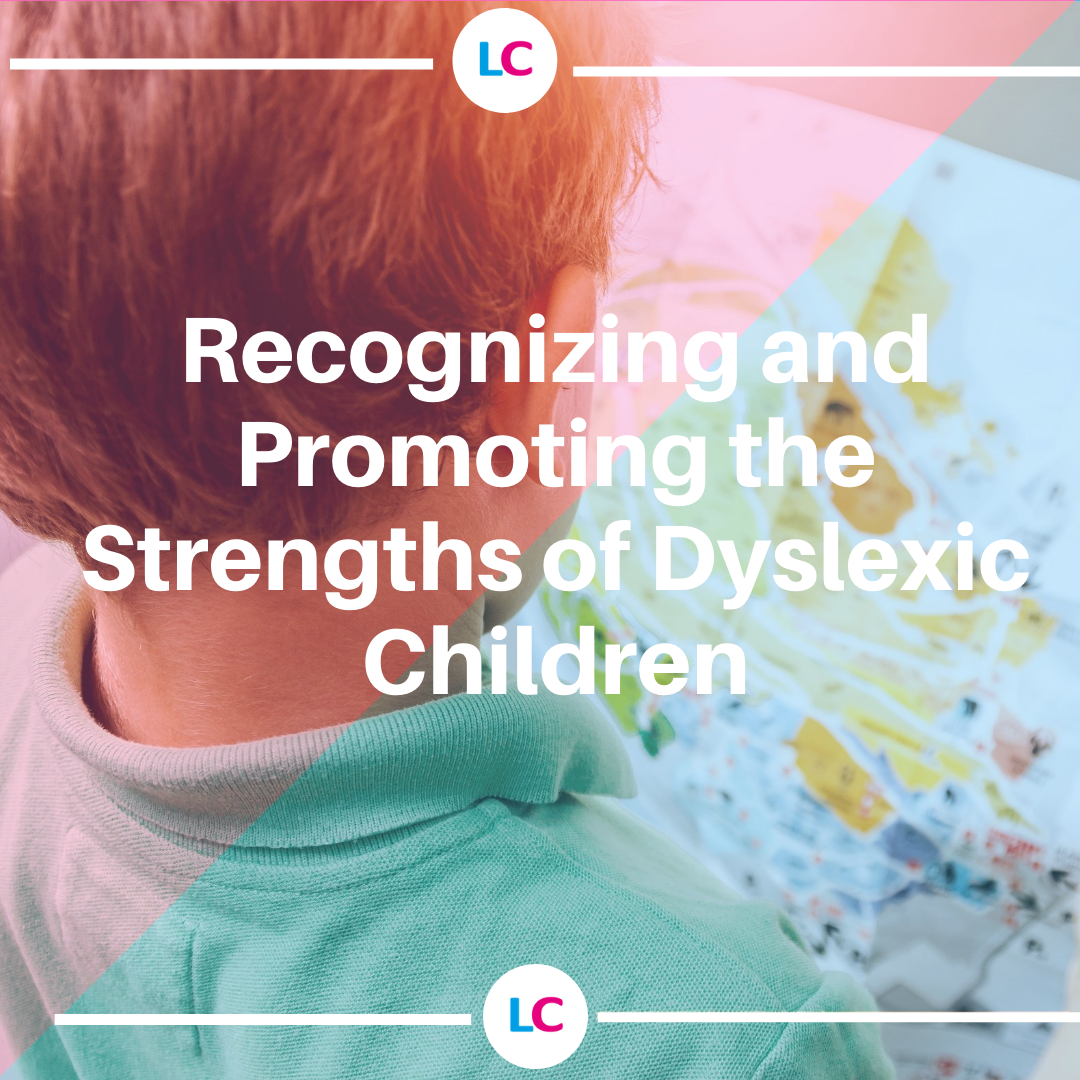 Children with Dyslexia should not be defined only by their specific, inherited weaknesses in written language acquisition. Rather, the strengths of these children must be recognized in the first years of elementary school and supported accordingly. This can be an important prevention against potential mental illness.
Children with Dyslexia should not be defined only by their specific, inherited weaknesses in written language acquisition. Rather, the strengths of these children must be recognized in the first years of elementary school and supported accordingly. This can be an important prevention against potential mental illness.
In the German-speaking world, professionals mostly focus on the deficits of dyslexic children. Their individual strengths are often pushed into the background. Parents can have a positive influence here if they do not compare the children with their own school and professional history. Even if children have inherited good learning abilities, they are still, starting at birth, independent personalities who need to be encouraged and supported.
Parents who are aware of Dyslexia in their own backgrounds can often respond to their children with understanding and empathy. The past of those affected plays an important role here, because dyslexic parents have dealt with their situation in different ways. Some were able to successfully compensate for their Dyslexia, while others never overcame their difficulties. This is also reflected in the upbringing of their own children.
When learning problems are identified in children, an individual and scientifically based determination of Dyslexia is very important. Only then is there a real chance that dyslexic children will manage their difficulties well. This should already be done during the primary school years. The earlier the problems are recognized and overcome, the more one can avoid psychological burdens on the children. A stable family and school environment plays a decisive role here, which promotes the children’s existing strengths. This can be, for example, various sports activities, the children’s university for scientifically gifted children, a musical education, or creative associations. Dyslexic children are often gifted in many ways. This needs to be focused on and encouraged. Only then will these children grow up to be mentally healthy individuals.
If, on the other hand, the problems are not recognized – or even ignored – emotional difficulties can result for the children. These difficulties can then affect their self-image and motivation to learn. It is therefore important that parents not neglect or ignore their children’s learning problems. Undetected Dyslexia can have an unfavorable impact on the mental health of those affected, well into adulthood.
Our conclusion is: early identification of Dyslexia, and support of children by means of individual learning therapy, have a favorable effect on the development of their existing talents and resources.

